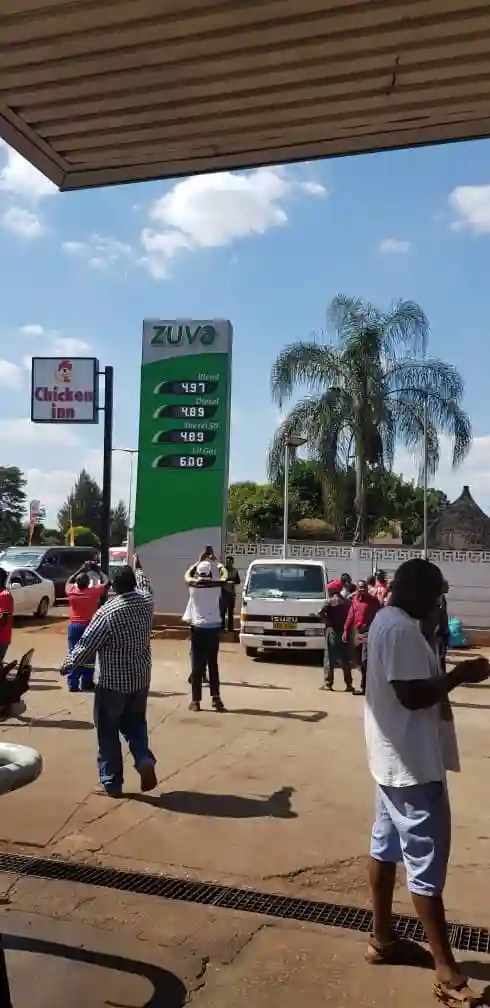The Zimbabwe Energy Regulatory Authority (ZERA) on Tuesday raised the price of diesel and petrol to ZWL$4,89 and ZWL$4,97, respectively.
This resulted in the local currency shedding 33% of its value to trade at US$1: RTGS$4,70.
Black markets rates surged to US$1: RTGS$6,20 resulting in retailers increasing prices of their products.
The developments echoed the 2008 scenario as kombi operators hiked fares from $1.50 to $4.00 in some parts of Harare, Budiriro for instance.
There was chaos as stranded commuters stampeded for the few ZUPCO buses that were available which cost $0.50 per trip.
A financial expert, Persistence Gwanyanya, in an interview with Newsday, said:
This is what we wanted for the market to be more liberal. We want the convergence between the parallel and interbank market. If the interbank market rate has gone up then the parallel market will devalue.
Equally, it had become the most punitive implicit taxation on exporters who have had to contend with surrendering their foreign currency earnings at suboptimal exchange rates in order to appease the irrational national subsidy policy.
Confederation of Zimbabwe Industries president Sifelani Jabangwe said that he expects the price of fuel to go down as well as the foreign currency black market. He said:
The expectation is that the price of fuel should come down. The parallel market rate could come down significantly. There should be a convergence on the interbank.
We have been asking for a willing-buyer/willing-seller platform from the government. It’s positive to learn that the fuel sector will now get the fuel at the open market price rather than the 1:1 from the central bank.
We believe this country has enough forex needed for the interbank to work. The country has $800 million in nostro accounts, the highest we have had since 2009.
The use of RTGS$ has made us more competitive in the market. We should see more exports and US$ balances growing.

